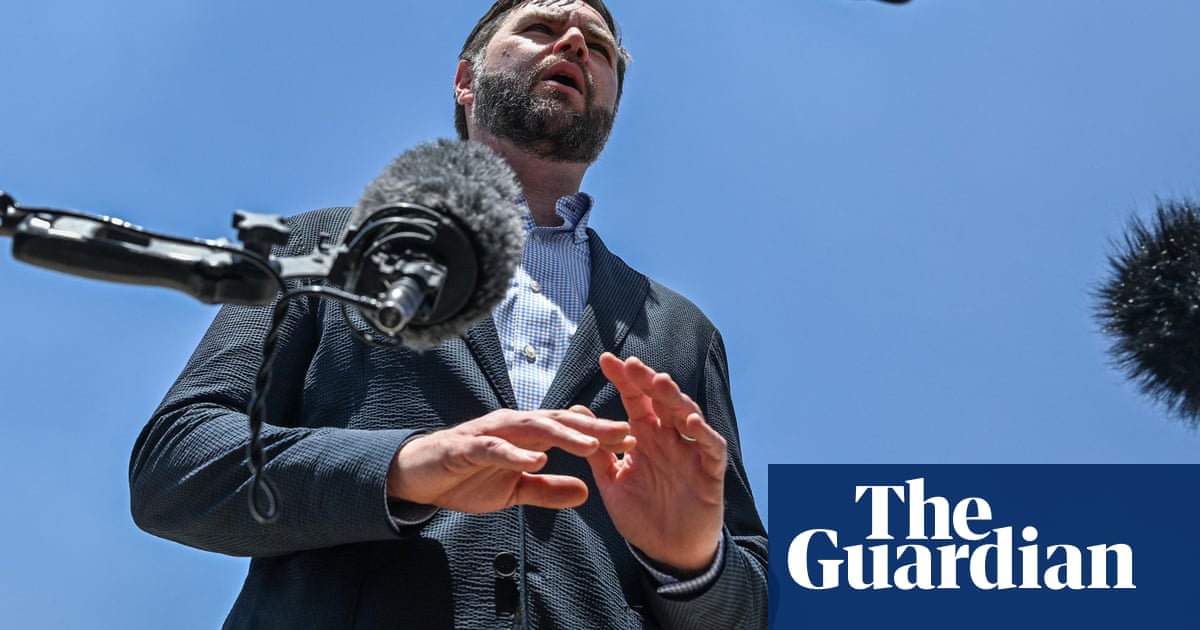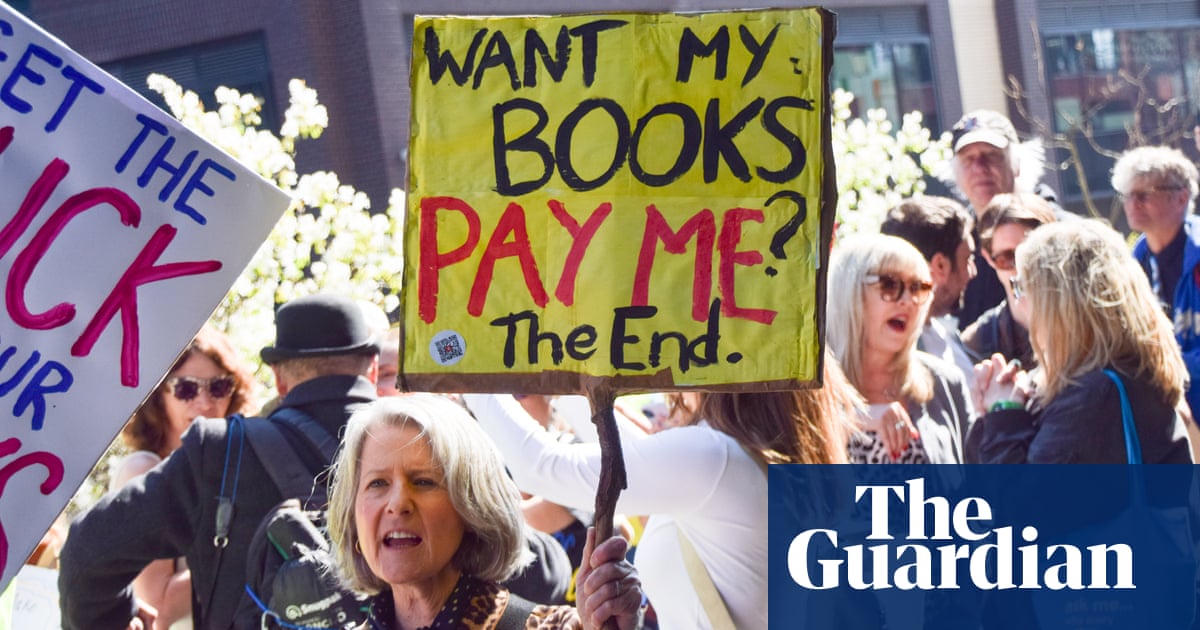France’s prime minister will face a vote of no confidence after he pushed through the country’s budget bill without a vote in the Assemblée Nationale.
The hard-left France Unbowed (LFI) said on Monday it was lodging two motions of no confidence in the government after François Bayrou used a constitutional measure known as the “49.3” to force through the legislation without a parliamentary debate.
However, the Socialist party (PS) said it would not support any motion that would bring down a second government in less than two months, meaning the move was unlikely to plunge France back into political uncertainty.
Marine Le Pen’s far-right National Rally (RN) has not said whether it would back such a vote. MPs will vote on the confidence motions on Wednesday.
Speaking on Monday as he moved to force through the budget and social security bills, Bayrou told the lower house of parliament: “This is the hour of truth. This is the week of truth and responsibility. No country can survive without a budget and France less than others … Is this budget perfect? No. Nobody finds it perfect. It is a balance. We are faced with our duty and the decision is in your hands.”
But Éric Coquerel, an LFI deputy and president of the finance commission, told the house: “This budget is worse than that proposed by Michel Barnier.”
With no majority in the Assemblée Nationale, Bayrou, a centrist, had little choice but to force through the legislation aimed at reducing the country’s soaring deficit. In doing so he risked facing the same end as his predecessor, Barnier, who used the 49.3 to try to push through the 2025 budget bill, prompting censure motions from the LFI and the RN. He ended up resigning amid the collapse of the government after less than three months.
The current deadlock was caused by the decision of the president, Emmanuel Macron, to dissolve parliament and hold a snap general election in June after his governing centrist party was defeated in European elections.
In the subsequent general election, the New Popular Front (NFP), a coalition of leftwing parties including the PS, LFI, Communists and the Greens, won the highest number of seats.
after newsletter promotion
The result left the lower house of parliament divided into three roughly equal blocs – left, centre and far right – none of which has an absolute majority. A new legislative election cannot be held until June.
On Monday, the governor of the Bank of France, François Villeroy de Galhau, told FranceInfo radio that adopting the budget bill would be “a first step in the right direction” to end economic uncertainty.
“To begin to reduce that uncertainty, France needs a budget … one that reduces the deficit,” Villeroy de Galhau said, adding that the priority was to get a grip on public spending.

.png) 2 months ago
44
2 months ago
44













































